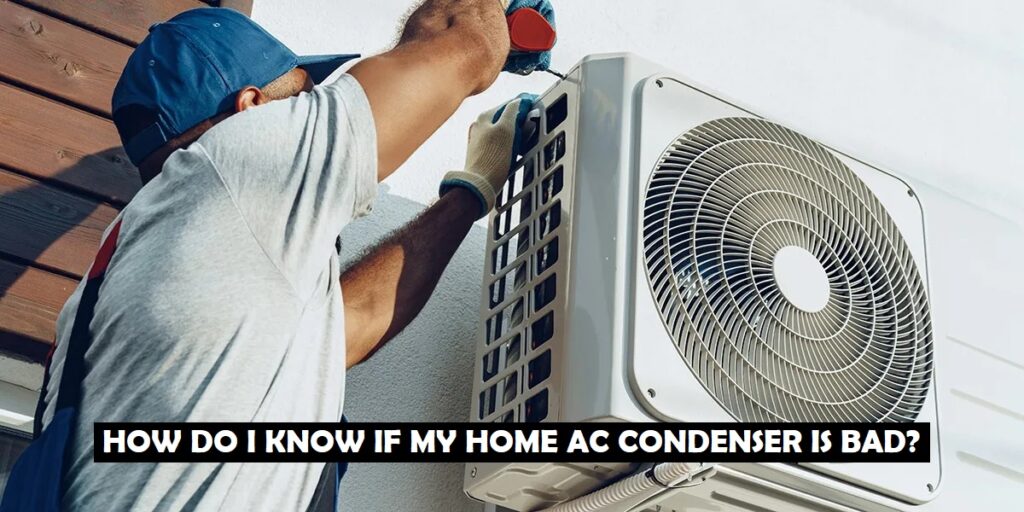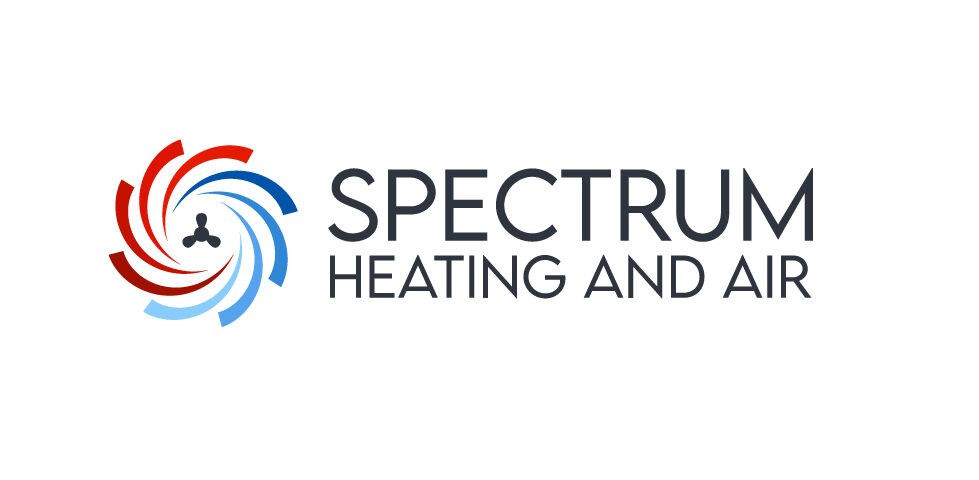When the scorching heat of summer arrives, our home air conditioning system becomes our savior, keeping us cool and comfortable. The AC condenser is a vital part of this system that plays a crucial role in cooling down the indoor air. However, like any other mechanical component, the AC condenser can develop problems over time, and it’s important to recognize the signs of a faulty condenser. In this article, we will explore how to identify if your home AC condenser is bad, allowing you to take timely action to restore your cooling system’s functionality.

What is an AC condenser?
The AC condenser is an essential component of your home’s air conditioning system. It is typically located outside the house and works in conjunction with the evaporator coil to cool down the indoor air. The condenser unit is responsible for releasing the heat absorbed from inside the home to the outdoor environment. This process facilitates the conversion of refrigerant from a high-pressure gas to a high-pressure liquid, allowing the cycle to repeat and maintain a comfortable indoor temperature.
Importance of a functioning AC condenser
A properly functioning AC condenser is crucial for maintaining a comfortable indoor environment during hot weather. It ensures efficient cooling and helps in controlling humidity levels, providing a pleasant living space for you and your family. Additionally, a well-maintained condenser can contribute to lower energy bills and a longer lifespan of the overall AC system.
Common signs of a bad AC condenser
Strange noises
If you notice unusual sounds, such as grinding, squealing, or rattling, coming from your AC unit, it could indicate a problem with the condenser. These noises might be a result of damaged fan blades, worn-out bearings, or debris stuck in the unit.
Reduced cooling performance
A decline in cooling performance is a clear sign that something is amiss with your AC system. When the condenser fails to release heat effectively, it will struggle to cool down the indoor air, leading to uneven temperatures and discomfort.
Warm air blowing from vents
When warm air is blowing from the vents instead of cool air, it suggests that the AC condenser is not functioning as it should. This could be due to a lack of refrigerant or a problem with the condenser coils.
Leaking refrigerant
A refrigerant leak is a serious issue that requires immediate attention. If you notice a refrigerant odor near the outdoor unit or find oily stains around the AC system, there is a high chance of a refrigerant leak, which can harm both the environment and the efficiency of your AC system.
Frozen condenser coils
Frozen condenser coils are another indicator of a malfunctioning AC condenser. This could be caused by restricted airflow, refrigerant leaks, or a faulty fan motor, among other issues.
Unpleasant odors
Foul odors emanating from the AC vents could be a sign of mold or mildew growth within the condenser unit. These issues can negatively impact your indoor air quality and may cause health problems.
Causes of a bad AC condenser
Understanding the potential causes of a bad AC condenser can help you take preventive measures and address issues promptly when they arise.
Lack of maintenance
One of the leading causes of AC condenser problems is a lack of regular maintenance. Dust, dirt, and debris can accumulate in the unit, obstructing airflow and reducing its efficiency over time.
Physical damage
Exposure to extreme weather conditions, accidental impacts, or natural wear and tear can cause physical damage to the condenser unit, affecting its performance.
Electrical issues
Electrical problems, such as faulty wiring or damaged capacitors, can disrupt the proper functioning of the AC condenser and may even lead to complete system failure.
How to diagnose a bad AC condenser?
If you suspect that your AC condenser is not functioning correctly, you can perform some initial diagnostics before seeking professional help.
Visual inspection
Start by visually inspecting the condenser unit. Look for any obvious signs of damage, debris, or loose components.
Checking for refrigerant leaks
Inspect the unit for any signs of refrigerant leaks, such as oily spots or stains around the AC system.
Testing electrical components
Check the electrical connections, capacitors, and fan motor for any issues. Be cautious and consider hiring a professional for this step.
Assessing airflow
Ensure that there are no obstructions obstructing the airflow around the condenser unit. Proper airflow is essential for optimal performance.
Safety precautions
Before attempting any DIY troubleshooting or fixes, ensure you take proper safety precautions. Turn off the power supply to the AC unit and avoid handling any electrical components if you’re not confident in your skills.
DIY troubleshooting and fixes
Some minor issues with the AC condenser can be resolved through DIY troubleshooting and fixes.
Cleaning the condenser unit
Regularly clean the condenser unit by removing debris, leaves, and dirt that might hinder its efficiency.
Changing the air filter
A dirty air filter can restrict airflow, affecting the condenser’s performance. Replace the air filter as needed, ideally every few months.
Clearing debris around the condenser
Ensure that the area around the condenser unit is clear of any objects or vegetation that might obstruct airflow.
Checking and tightening electrical connections
Inspect the electrical connections and ensure they are secure and free from damage.
When to call a professional
While some minor issues can be addressed through DIY troubleshooting, more complex problems or refrigerant leaks require professional attention. If you are uncertain or uncomfortable handling the repairs, it’s best to call a licensed HVAC technician.
The cost of replacing an AC condenser
The cost of replacing an AC condenser can vary based on factors like the brand, model, and location of the unit. It’s essential to obtain quotes from reputable HVAC service providers to get an accurate estimate.
Tips for preventing future issues
To extend the lifespan of your AC condenser and avoid future problems, consider the following tips:
- Schedule regular maintenance by a professional HVAC technician.
- Keep the area around the condenser unit clean and free from debris.
- Change the air filter regularly to maintain optimal airflow.
- Address any issues promptly before they escalate into more significant problems.
Your home AC condenser is a critical component of your air conditioning system, and its proper functioning is essential for maintaining a comfortable living space. By being aware of the signs of a bad AC condenser and taking preventive measures, you can ensure the longevity and efficiency of your cooling system.




